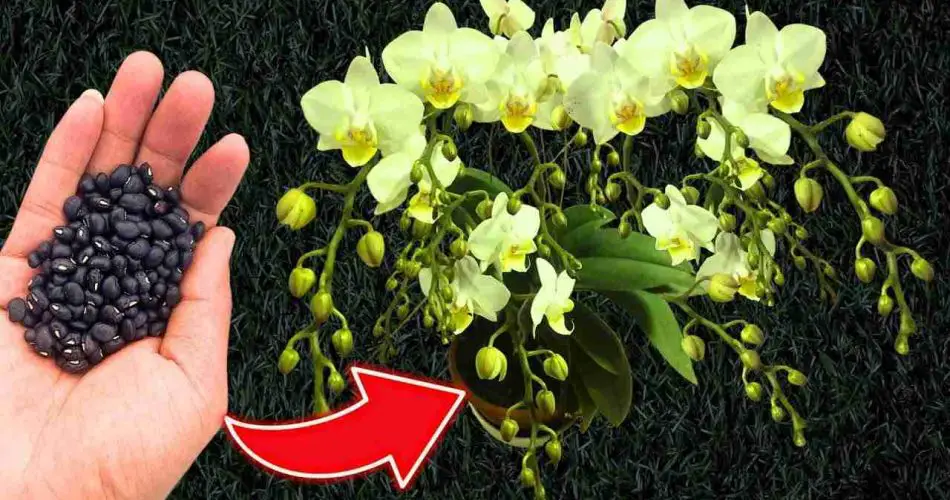Home Garden Tips

Do you want constant and guaranteed flowering of orchids? make a spoonful of this
Would you like your orchids to bloom constantly and reliably? Try this simple solution.
If you desire continuous and guaranteed flowering for your orchids, it’s imperative to acquaint yourself with this remarkable natural method.
Orchids are renowned for their unique traits, making them both common and captivating plants.
With a plethora of orchid species available, each boasting distinct qualities, you have the opportunity to select the perfect plant that aligns with your preferences.
Similar to other flowering plants, providing proper care and attention is essential to ensure your orchid flourishes and blooms abundantly.
Therefore, adhering to specific precautions is crucial to promote optimal growth and vitality in your orchid. Uncover tips and techniques to enhance the beauty of these exquisite flowers.
Key Characteristics of Orchids
As previously mentioned, orchids are relatively common and easily cultivated plants in our region.
Despite their origins in the Americas, they adapt well to our local climate conditions.
To cultivate a robust and thriving orchid, it’s essential to grasp its unique characteristics and traits.
For instance, it’s vital to understand that watering alone isn’t sufficient for orchid growth.
The type of soil used for planting is equally critical. Moreover, orchids derive nutrients from specific decomposing organisms present in the soil.
For optimal growth, orchids require ample light and appropriate hydration.
Avoiding overwatering is crucial as excess water can lead to root rot. Here’s how to encourage orchid flowering.
The Secret to Orchid Flowering Success
While planting an orchid may seem straightforward, achieving vibrant blooms consistently can be challenging.
Attaining lush, blooming orchids requires attention to specific guidelines and the application of useful techniques.
The recommended spice for enhancing orchid flower health is cinnamon—a common and widely used spice.
This precious spice, likely already in your pantry, serves as an effective deterrent against pests and insects while promoting robust, healthy blooms.
Applying cinnamon directly to the plant’s foliage, particularly on diseased leaves, yields immediate and visible results.
Furthermore, cinnamon possesses antibacterial properties that aid in the plant’s healing and overall health.
To promote orchid growth, you can create a solution by adding a teaspoon of cinnamon to a liter of water and spraying it on the plants.
For cuttings, a solution comprising one aspirin, half a teaspoon of cinnamon, and 500 ml of water can be used to promote growth.
Dip the cutting in this solution before planting for optimal results.
Unlocking Orchid Flowering Potential
The aesthetic appeal of orchids, with their vibrant colors, enhances any space they inhabit.
By employing simple techniques, it’s possible to enjoy orchid blooms not only in spring but throughout the year.
The key to this lies in a particular ingredient: rice water.
For those seeking an inexpensive, nutrient-rich fertilizer for orchids that promotes long-lasting blooms, rice water is an excellent choice.
Simply soak a cotton ball in rice water and apply it to both surfaces of the leaves to eliminate impurities and provide essential nutrients to the plants.
This nutrient-rich water can also be added directly to the soil or used as a spray mister for leaf application.
An Alternative Rice Method for Orchid Flowering
To create nutritious soil for orchids, cook rice conventionally and blend it into rice flour.
Mix the flour with water to create a solution for watering the plants, repeating this process every two weeks for optimal nutrient provision.
Consistent fertilization, tailored to the specific needs of your orchid, is essential for healthy leaf and flower growth.
Remember, orchids require regular watering and a humid environment to thrive, neglecting these needs can hinder their growth or lead to plant demise.



